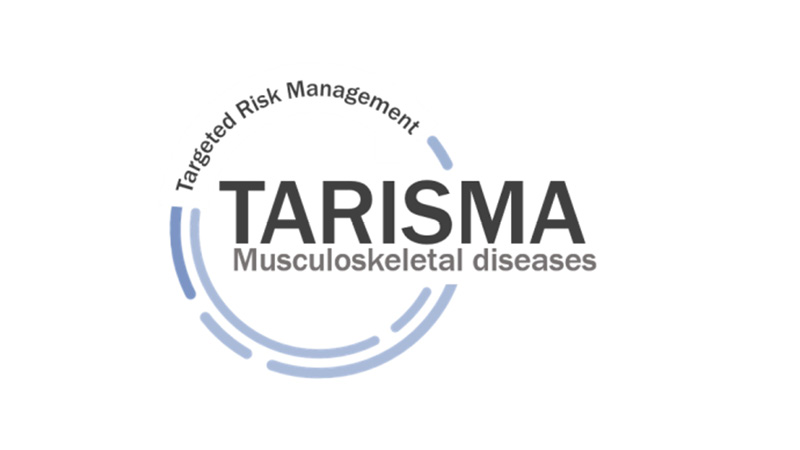TARISMA (sub-project 4): Investigation of treatment options and disease progression in patients with rheumatoid arthritis and chronic concomitant diseases
Patients with rheumatoid arthritis and chronic heart failure, interstitial lung disease or depression pose particular challenges for rheumatological treatment. On the one hand, chronic concomitant diseases increase the burden of disease for those affected, for example through reduced resilience, functional capacity and quality of life. On the other hand, there are no customised recommendations for these patients on how to treat their underlying disease while taking the concomitant disease into account.
Project and main objective
The aim of this sub-project was to investigate factors influencing the course of the disease and the mortality of patients with rheumatoid arthritis and chronic concomitant diseases. In addition, we characterised treatment strategies and demonstrated the effects that different treatment options for rheumatoid arthritis have on these rare but clinically relevant comorbidities.
The data source was the German biologics register RABBIT, a long-term observational cohort that has been running since 2001. It documents the course of disease and treatment of people with rheumatoid arthritis for up to 10 years. Patients are included in the register by their treating rheumatologist and observed under routine care conditions. This real-world data is therefore well suited to analysing even rare diseases.
In addition, in collaboration with subproject 1, we determined the frequency of these concomitant diseases in people with rheumatoid arthritis compared to the general population, as well as the concomitant medication resulting from these diseases, and analysed differences between register and routine data from a health insurance company.
2020-2024
Head of project
TARISMA

